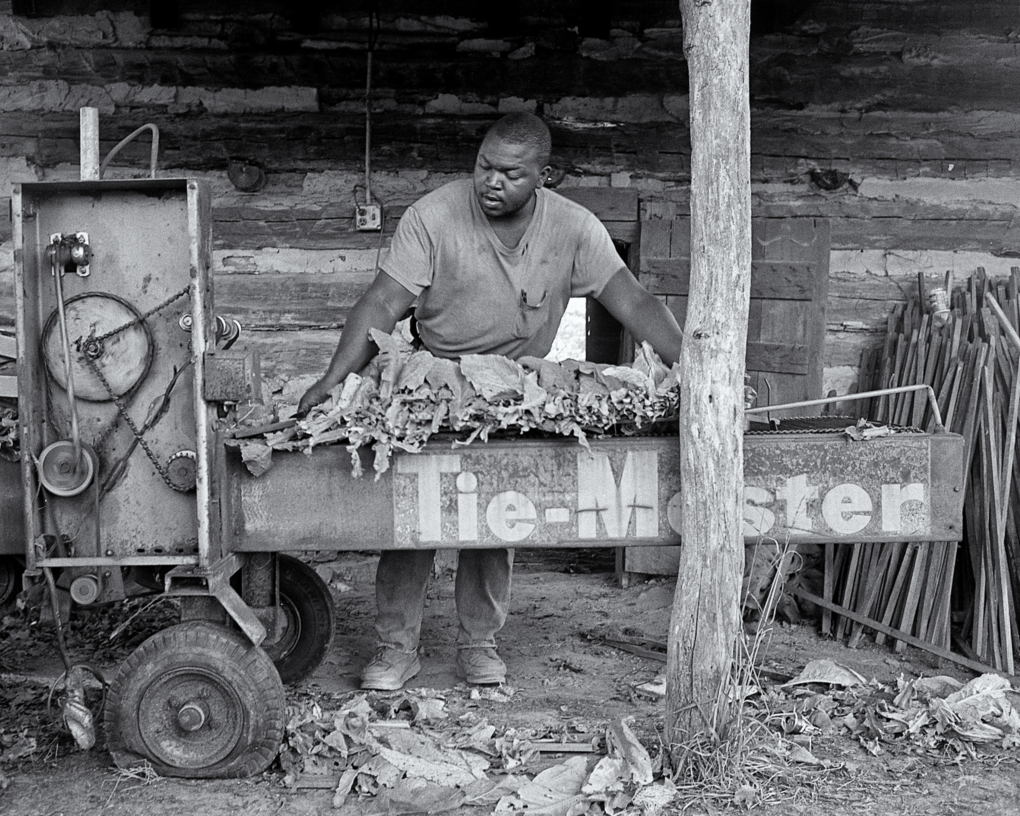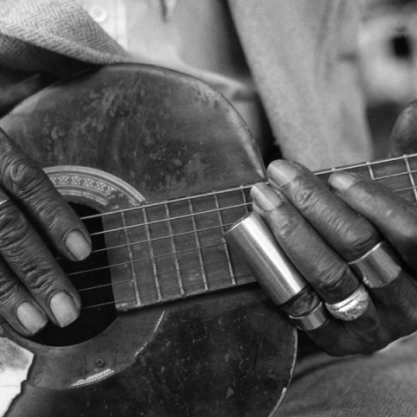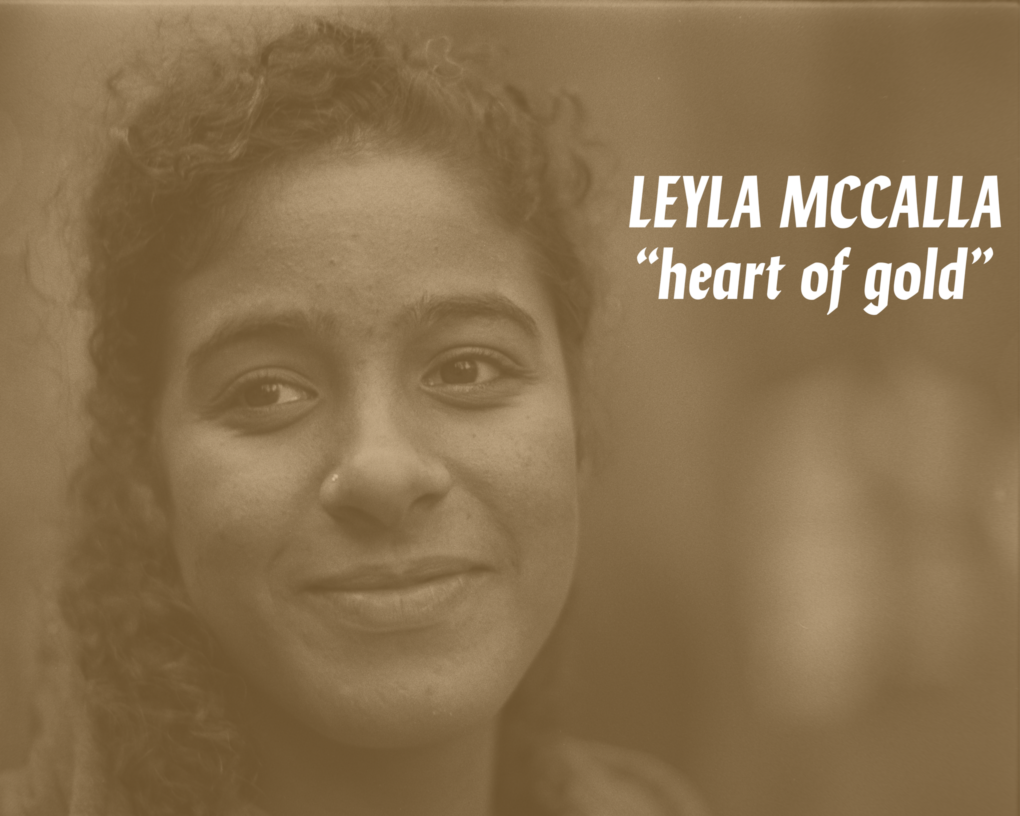Day Jobs, Odd Jobs, No Jobs

By Max Brzezinski
Yes, everything has to be put in historical context. But it seems like it’s always been difficult to survive as an artist. Even in the contemporary star system, financial independence from artistic labor alone is rare.
An aristocrat like T.S. Eliot had to jobsmith at Lloyds Bank, grappling with The Waste Land at night. And if employment thwarted the creativity of a poet-born-on-third-base like Eliot, imagine what Music Maker artists have gone through trying to make music while making ends meet.
In the land of bootstrap mythology, structural inequality has erected numerous barriers to cultural equity. The racism, classism, sexism, and ableism this county was built on has locked out whole generations from meaningful careers in the arts. When you have to work one bad job, or multiple jobs, it’s almost impossible to have the time and energy to create. And if you can’t find work or are disabled and so can’t work, you approach socially invisibility and it’s harder for people to take your art seriously.
Yet when MMF artists do manage to make music (with or without our assistance), their jobs and joblessness inform their creations. How could they not? John Lee Zeigler’s “John Henry” captures the melancholy of hard-labor-unto-death; Carl Rutherford’s “Turn Off The Fear” coolly dissects the ruthless, dehumanizing logic of large-scale industry; Cootie Stark turns “Shucking Corn” into a lovely tribute to the farm work of his mother and father; Pura Fé’s version of “Hard Time Killing Floor” updates Skip James’s metaphor for the Great Depression, lying on the killing floor, for postmodern times.
Over the years, Music Maker musicians have held down a variety of jobs. Now a vocation in life is a beautiful thing, and work has sometimes provided meaningful occupations for our artists. But at the same time, the work has also often been taxing and low-paying. Both can be true — you can find meaning under less than ideal conditions.
Country singer Sam Frazier Jr. was a car salesman in Birmingham; bluesman Little Jimmy Reed was a soldier and a barber, while Robert Finley, too, served in the military. Willie Farmer was an auto mechanic in Duck Hill, Mississippi, and Terry “Harmonica” Bean found long employment in a furniture factory. Guitarist Ben Payton spent years toiling away in a Chicago manufacturing plant. Willa Mae Buckner was a “burlesque stripper, contortionist, sword swallower, and snake shower.” Rip Lee Pryor was a carpenter, while Rachel Ammons has a doctorate in psychology and worked a stint in a mental health ward.
As soon as Adolphus Bell could, he started giving back and took up charitable work: he would buy food, cook it, and take it to the homeless camps. Albert Smith taught piano lessons for decades in South Carolina. Like Cootie Stark and many others, Alabama Slim worked in the fields growing up, and it was said that Algia Mae Hinton had hands that looked like they had picked a million cucumbers. Mothers, fathers, grandparents and other caretakers held and hold down households, doing the exhausting, usually taken-for-granted work of raising children. And a slew of folks did odd jobs to scrape together what was needed, check-to-check, payday-to-payday.
They often were many times uncompensated fairly, and sometimes looking for a job became a sort of job itself. The fact that so many of our artists have made and continue to make great music is both a testament to their tenacity and talent, and an indictment of an economic order that prevents them from creating even more. And this is the reason Music Maker exists: to protect American music by aiding its makers, both as a tribute to past labor and in service of future work.
Your support makes it possible for us to give back to artists, whose music and work contribute so much to our cultural heritage. Please consider making a donation to our Sustenance Program today so that we can continue this work. Thank you.

Get involved
& give back
The Music Maker Foundation is a 501(c)(3) nonprofit organization that depends on thousands of supporters. Together, we work to meet the day-to-day needs of the artists who create traditional American music, ensure their voices are heard, and give all people access to our nation’s hidden musical treasures. Please contribute or shop our store today.

